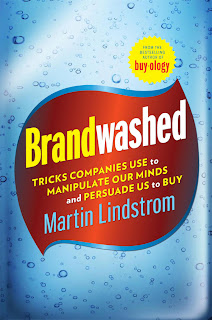Fiona MacCarthy was one of these debutantes, actually she was in the last batch of debutantes ever to be presented at court and in "Last Curtsey" she shares the story of the debutantes and their lives during the season.
It is a fascinating read with host of interesting characters : the debs delights, young men escorting the debutantes to parties, some of whom were branded by the debs' mothers with the "can't be trusted in cabs"; the golden debs who had their pictures featured in magazines, walked in Cardin fashion shows or went on to marry rich and influential men; the independent debs who soon gave up the dresses and dances to pursue careers. And then there are the quaint details and historic notes such as accounts showing the expenses that a budget or a full-scale season would have cost or the musings on the traditional menu at the pre-ball dinners.
"Last Curtsey" is the story of United Kingdom that is no more and it also hints at why because it is obvious that although the dresses, the balls and the dancing is fascinating at first, it demands nothing more of the girls than that they be pretty and sociable and there are no expectations of careers or achievements beyond marriage and kids. MacCarthy writes sensitively, hiding no flaws but condemning no one for their choices and brings to life a long-gone era in an engaging, interesting and thoughtful manner.


























